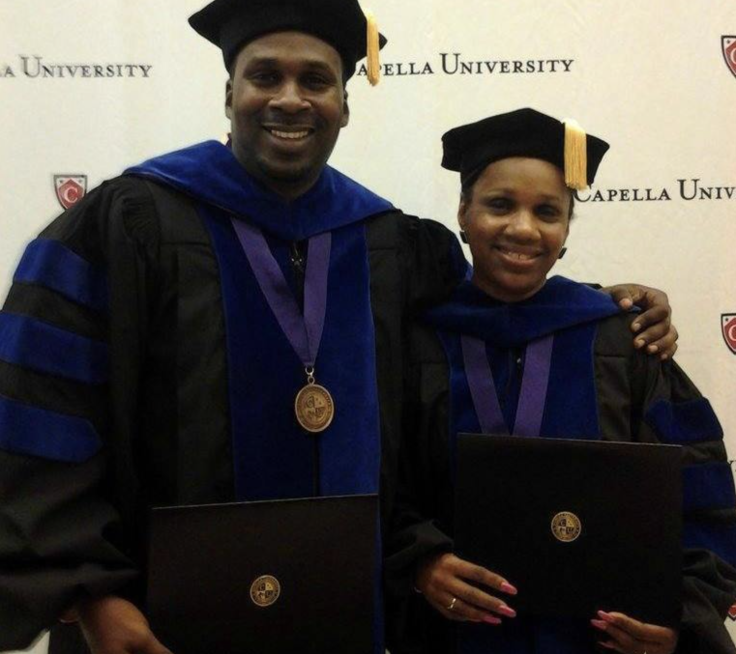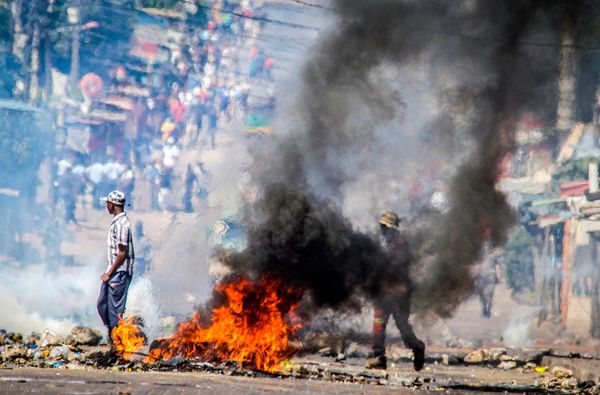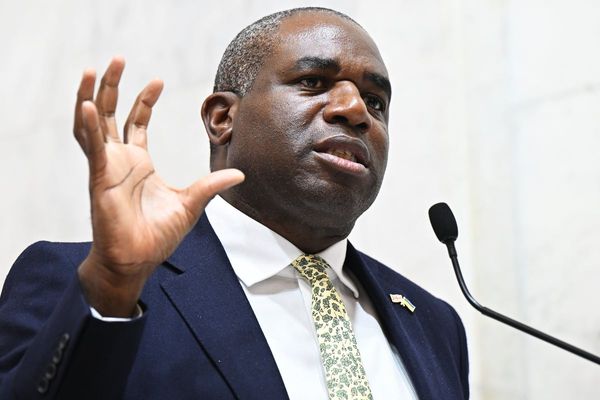
In 2013, the mother-son duo of Dr Vickie McBridge and Dr Maurice McBridge defied the odds when they graduated with PhDs at the same ceremony.
Their journeys to the podium are a tale of awe-inspiring triumph against considerable setbacks, especially since Vickie was barely 13 when she gave birth to her son, Maurice.
Born to a teenage mother herself, Vickie was raised by her adoptive mother in a loving home while her real mom was incarcerated.
Despite her happy childhood, Vickie was brought up conservatively, leaving her vulnerable and naive when it came to boys. Before she could graduate from high school or earn her driver's license, Vickie found herself birthing Maurice.
Shunned by the community and gossiped about, she was determined to finish her education and continued to go to high school and college while balancing her roles as a mom, a student, and a provider.
Meanwhile, Maurice grew up lovingly with both Vickie and his grandmother. He, however, admits to hanging out with the "wrong people", which led to him dropping out of high school at 16 and eventually ending up in a juvenile facility.
At this point, Maurice decided to turn his life around and went on to get his GED and took college courses online. This was after he also had a stint as a rapper with Capital Records.
After completing his online college education, Maurice phoned his mother to ask if she would like to apply for a PhD with him. And the rest is history.
In August 2013, Vickie graduated with a PhD in K-12 Education and Maurice in Organizational Management from Capella University.
In 2015, a book entitled "Almost a Statistic: The Remarkable Story of Drs. Vickie and Maurice McBride" was published, detailing the duo's battle against the negative implications of being a single black woman raising her child without a father.
Currently, Maurice is an assistant professor of business at Paine College in Georgia and a Waynesboro City Councilman.
On the other hand, not much can be found about Vickie as she's opted to maintain a low profile - with a lone photo of her and her granddaughter on her Instagram profile.
Graduation rates for African Americans at 22.6% still fall behind the national average of 32.9%.
Incarceration racial gaps persist today, brought on by an expansion of the United States legal system at the end of the 20th century.
While policy amendments have helped decrease the inequalities, African American adults remain overrepresented in prison at a rate of five times higher than caucasian Americans.







